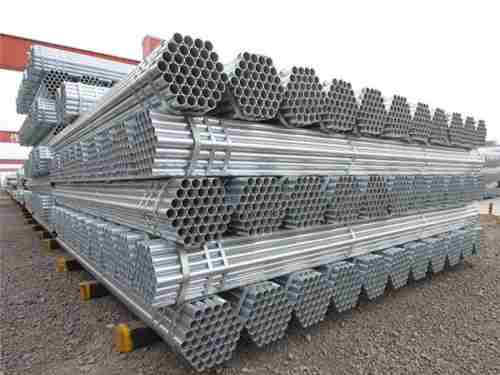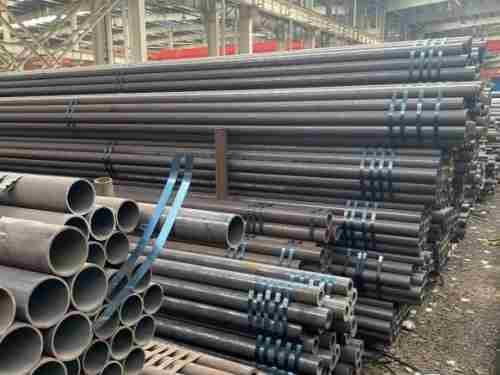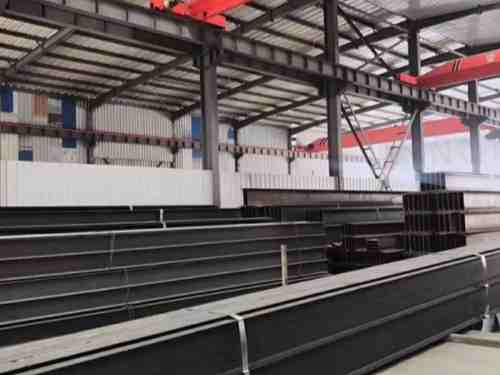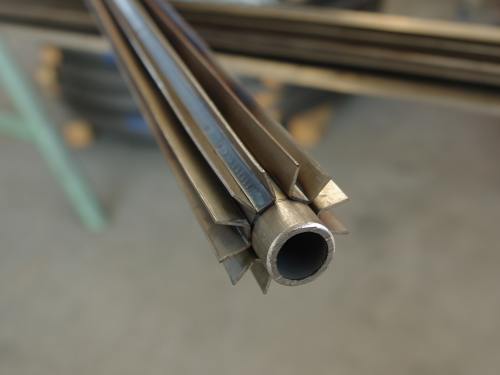Copper has long been recognized for its exceptional properties, which have made it an essential material across various industries. From its early use in electronics to its widespread applications in plumbing, copper’s remarkable qualities—such as ease of bending, high corrosion resistance, and outstanding thermal conductivity—have made it an irreplaceable material, particularly in the automobile industry.
Since the advent of automobiles, copper has played a pivotal role in the design and manufacturing of radiators, the backbone of vehicle cooling systems. Copper’s inherent thermal conductivity ensures that it efficiently absorbs and dissipates heat, maintaining optimal engine temperatures and preventing overheating. Coupled with its corrosion resistance and strength, copper has become the preferred choice for radiator manufacturing, outlasting many other metals in terms of durability and performance.
In recent years, new technologies have enabled the creation of smaller, lighter, and stronger copper radiators, which are not only more efficient but also environmentally friendly. These modern copper radiators are lead-free, making them safer and cleaner to produce, and their reduced size contributes to better fuel efficiency in vehicles. This makes copper an even more attractive option for manufacturers who are committed to sustainability and environmental responsibility.
As the automotive industry evolves, copper's role is expanding beyond traditional applications. One of the notable trends is the increased use of electric systems in vehicles. For example, power steering and braking systems are becoming increasingly electric rather than hydraulic, contributing to the overall efficiency and performance of the vehicle. These advancements make electric systems, which rely heavily on copper, prime candidates for integration into future internal combustion vehicles as well.
Moreover, heating and air conditioning systems in cars are transitioning to electric systems, sometimes incorporating heat pumps that also benefit from copper’s superior thermal conductivity. This shift is part of the larger movement toward electric and hybrid vehicles, where copper is playing an even more critical role.
Electric vehicles (EVs), as well as hybrid electric vehicles (HEVs), are expected to use approximately twice as much copper as traditional internal combustion vehicles. This increased copper content is due to the higher demand for copper in electric motors, wiring, and batteries. Not only does this enhance the efficiency and performance of EVs and HEVs, but it also contributes to a key environmental benefit: recyclability. Copper is fully recyclable, making vehicles that use more copper significantly more sustainable when they are eventually decommissioned.
In conclusion, copper’s role in the automobile industry continues to grow, particularly with the rise of electric and hybrid vehicles. Its durability, efficiency, and recyclability make it an ideal choice for modern automotive technology, ensuring that copper will remain a core material for years to come.

 English
English Español
Español











